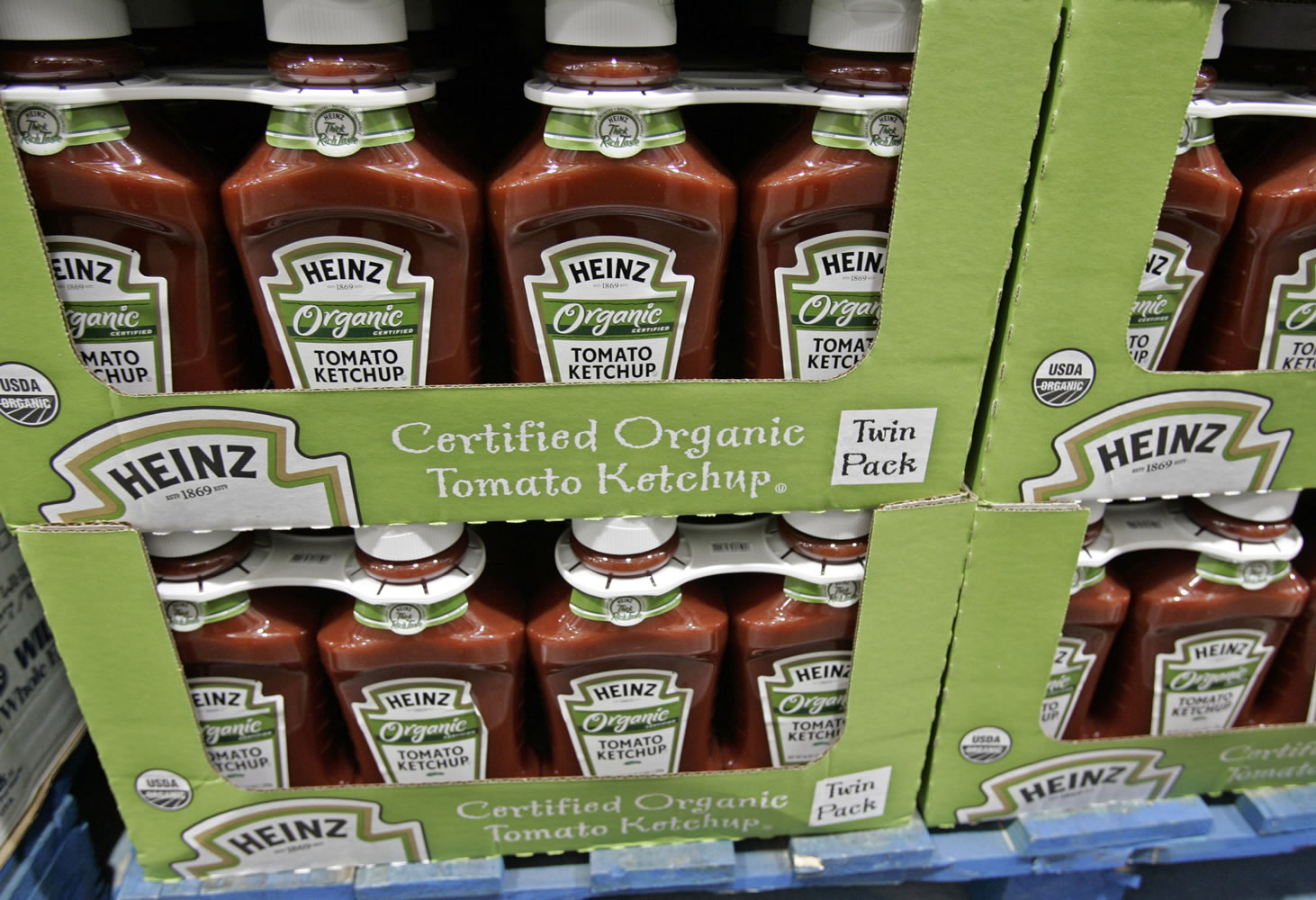WASHINGTON — The organic food industry is gaining influence on Capitol Hill, prompted by its entry into traditional farm states and by increasing consumer demand.
That’s not going over well with everyone in Congress.
Tensions between conventional and organic agriculture boiled over this week during a late-night House Agriculture Committee debate on farm legislation that for decades has propped up traditional crops and largely ignored organics.
When Rep. Kurt Schrader, D-Ore., a former organic farmer, offered an amendment to make it easier for organic companies to organize industrywide promotional campaigns, there was swift backlash from some farm-state Republicans. One lawmaker said he didn’t want to see the industry get a free ride and a second complained about organics’ “continued assault on agriculture.”
“That’s one of the things that has caught me and raises my concerns, is that industry’s lack of respect for traditional agriculture,” said Rep. Austin Scott, R-Ga. He was referring to some organic companies’ efforts to reduce the number of genetically modified crops in the marketplace.
At the same time, Scott acknowledged that he and his wife buy organic foods.
Growing consumer interest in organics has proved tough for some Republicans on the committee to ignore. Eight Republicans, most of them newer members of the committee, joined with all of the committee’s Democrats in supporting the amendment, which was adopted 29-17.
Rep. Vicky Hartzler, a Missouri Republican who owns a farm equipment business and a corn and soybean farm, said she supported the amendment not only because helping organics is good for agriculture but because many of her constituents eat organic foods.
“Organics are a niche market in agriculture with a growing market share, so it makes sense for me to allow farmers to invest some of their own funds to promote their products,” she said.
The amendment would allow the organic industry to organize and pay for a unified industry promotional campaign called a “check-off” that is facilitated by the Agriculture Department but is no cost to the government. These promotional programs have traditionally been limited to individual commodities or crops, producing familiar campaigns like “Got Milk?” and “Beef: It’s What’s for Dinner.”
The amendment would not set up such a program for organics, but it would allow USDA to approve an organic promotional campaign if the industry decided it wanted one.
Laura Batcha of the Organic Trade Association says one reason the industry would approve a campaign is that many organic producers are concerned that consumers don’t understand that products labeled “natural” aren’t necessarily organic, which requires certification.
The organic industry has exploded in the past decade, with $35 billion in sales and 10 percent growth just last year. There are more than 17,000 certified organic businesses in the country.
Producers of organic crops and conventional crops long have been at odds as organic products have grabbed market share and the industry has advertised organic foods as healthier than other foods.
That share was more than 4 percent of food and beverage sales in 2011.
Organic products are required to be certified by the USDA and are grown without pesticides and genetically modified ingredients, mainstays of traditional agriculture.
Government-managed promotional check-off programs such as the one that would be allowed under the amendment are required to be positive and not disparage other products. Some lawmakers seemed wary that such a campaign would be possible.
Rep. Mike Conaway, R-Texas, took issue with part of the amendment that would allow the organic producers to opt out of other commodity campaigns, an option that isn’t given to conventional producers.
“Looks to me like they have a free ride on this thing,” Conaway said, in an at-times-angry exchange with Schrader.
Despite the rancor, the chances that the amendment will become law are good, as the Senate Agriculture, Nutrition and Forestry Committee added the same amendment to its version of the farm bill.
Schrader told his colleagues that embracing organics is essential to appealing to consumers in a time when big farms are often demonized by popular culture. He said that many young people are coming back to farms because of nontraditional agriculture.
“American agriculture is under siege,” he said. “Urban folks do not understand where their food and fiber comes from. … The point here is to hopefully position American agriculture where we’re not always trying to catch up to what the American consumer wants.”



